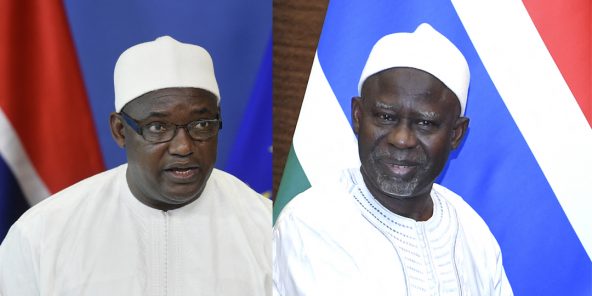- Advertisement -
Barrow and Darboe Owe Gambians Peace and Development
[td_block_7 custom_title="Popular Posts" block_template_id="td_block_template_14" header_text_color="#222222" top_border_color="#f4f4f4" bottom_border_color="#444444" header_color="#f4f4f4" m6f_title_font_family="" f_header_font_weight="500" f_header_font_transform="uppercase" f_header_font_size="14" offset="20"]




